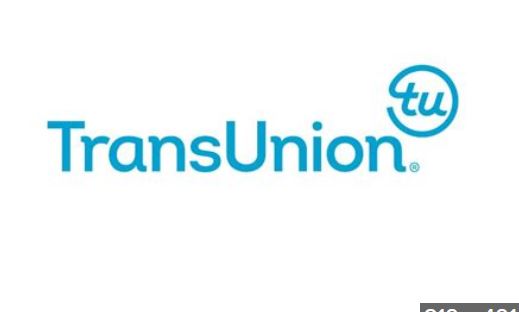GM OnStar Owners Fight To Protect Their Privacy Featured

Lawsuit accuses GM and LexisNexis of deceptive and unfair practices by sharing inaccurate driving data with auto insurers without owner consent.
A recent lawsuit has shed light on a concerning practice by General Motors (GM) regarding its OnStar equipped vehicles. Owners of vehicles, equipped with what was once perceived as a convenience feature designed to promote improved service and safety, are now learning the stark reality that their data is being exploited by interested third parties to an owners detriment.
The complaint accuses GM and its connected-services subsidiary OnStar of invasion of privacy and deceptive and unfair practices for “surreptitiously” sharing driving data with LexisNexis, a third party data broker, who “then provide reports (stripped of all context) to auto insurers in order to justify a raise in insurance rates.” The driving data includes locations, accelerations, hard braking and speeding, the lawsuit said.
Manufacturers Share Vehicle Driving Data Without Owners Consent
According to a recent New York Times article, car manufacturers are tracking drivers’ behavior through Internet-connected vehicles, and sharing it with data brokers such as LexisNexis and Verisk. The Times article further explained that a number of car manufacturers have started offering optional features in their connected-car apps that rate people’s driving. Drivers likely do not realize that, if they turn on these features, the car companies can then share information about how they drive to these third party data brokers.
The data brokers in turn create “consumer disclosure reports” on individuals, which they sell to insurance companies providing insurance to those individuals. The consumer disclosure reports show the length of trips and driving behavior, such as hard braking, hard accelerating, speeding and location – all without any context. This information is privately shared among insurers so as to prevent securing a lower rate from a “competing insurer”.
Insurance companies use these reports to assess the risk of current and potential customers, and adjust rates or refuse coverage based on findings. Per the lawsuit, a LexisNexis report was a factor behind one plaintiffs’ premium jumping by 21%.
OnStar Fails To Disclose That It Shares Extensive Private Data With Third Parties
Customers who enroll in OnStar Smart Driver at the time of vehicle purchase through their dealer, or at a later date, using either their myBuick, myChevrolet, myGMC or myCadillac mobile app are not made aware of GMs’ policy of sharing their private data with third parties.
Neither does OnStar’s web page answers to Frequently Asked Questions about how they treat consumer data that their system collects do they reveal they provide extensive consumer data to LexisNexis, who in turn sells the information to auto insurers.
Per the lawsuit “Defendants should have realized that sharing and publishing this information, without any context, inaccurately portrays consumers’ driving experience.” The case claims LexisNexis’s failure to ensure the “maximum possible accuracy” of the consumer data it reports is illegal under the federal Fair Credit Reporting Act.
Join the GM OnStar LexisNexis Class Action
The lawsuit looks to represent anyone who drives a GM vehicle and had their car’s driving data—also referred to as telematics—collected and shared with LexisNexis without their consent . There is no cost to you.
Why?
Protect Your Privacy: Your personal data is yours and yours alone. By joining the class action, you’re sending a clear message to GM and other automakers that your privacy is not up for grabs. By law you have the right to know who has access to your data and how it’s being used.
Demand Transparency: As consumers, we deserve transparency from the companies we support. GM’s failure to disclose their data-sharing practices is a breach of trust and violation of fair trade law. By participating in the class action, you’re demanding accountability and transparency in how your data is handled.
Preserve Consumer Rights: Your participation in the class action isn’t just about your own privacy—it’s about protecting the rights of all consumers. By standing up to GM, you’re helping to set a precedent for how companies can and cannot use customer data in the future.
Send a Message: Companies like GM rely on customer loyalty and trust to thrive. By joining the class action, you’re sending a powerful message that privacy violations will not be tolerated. Your voice matters, and together, we can hold GM accountable for their actions.
Seek Compensation: In addition to seeking justice and accountability, joining the class action may entitle you to compensation for any damages incurred as a result of GM’s data-sharing practices. Your participation could help you recover losses and ensure fair treatment for all affected vehicle owners.









